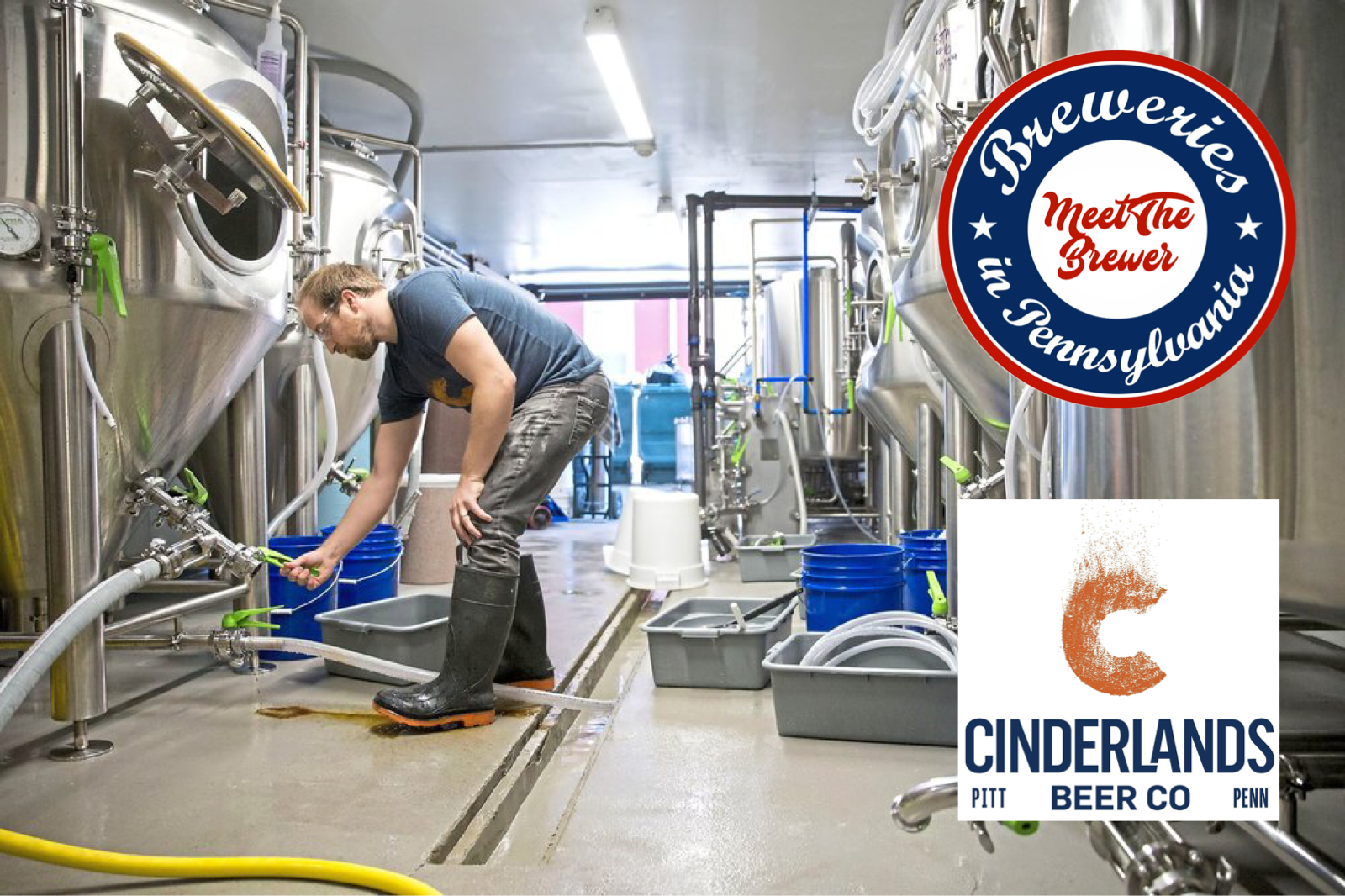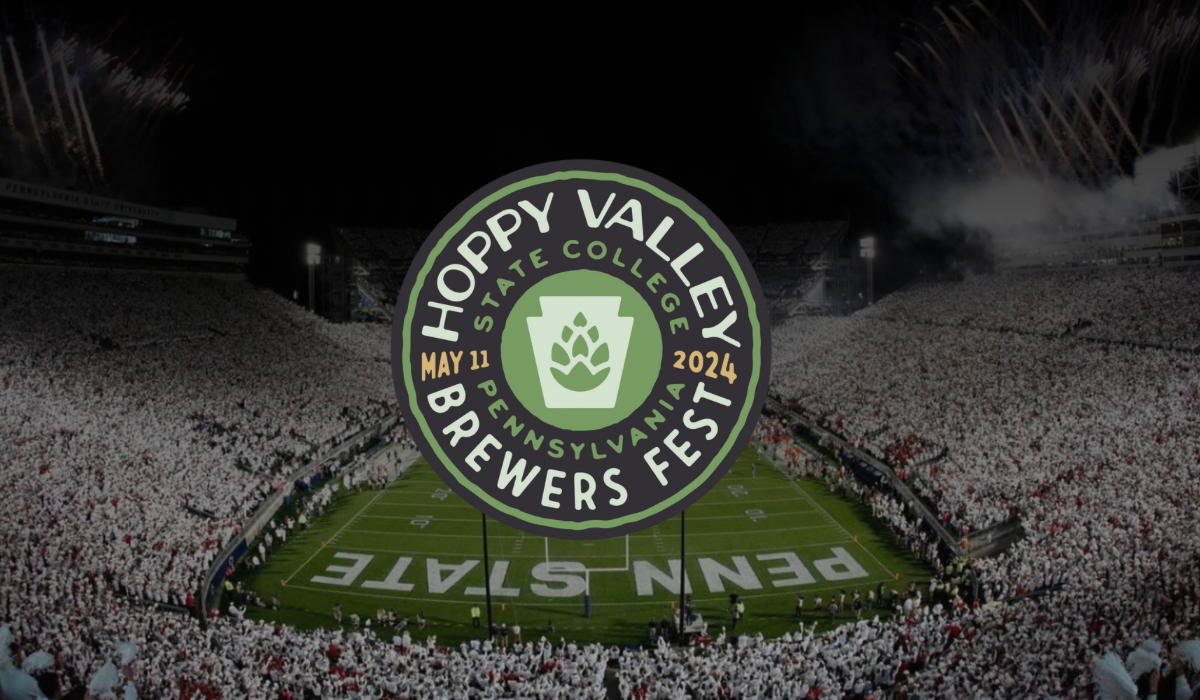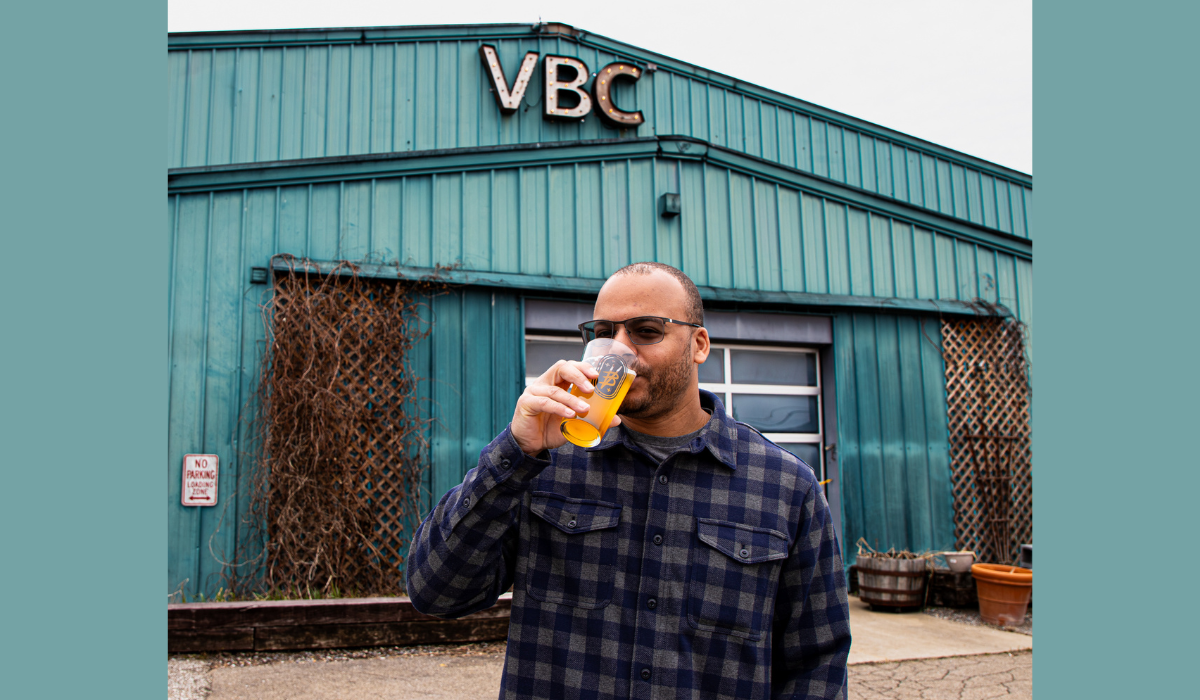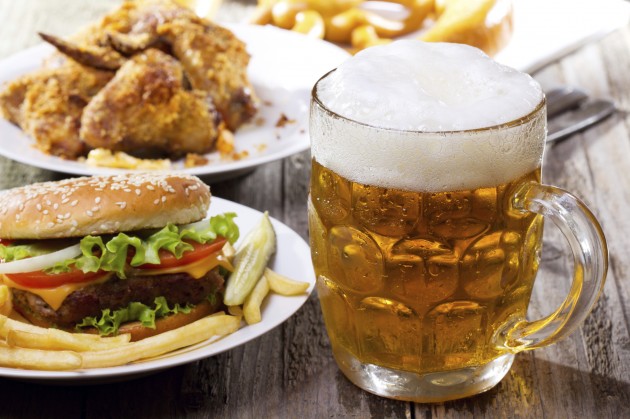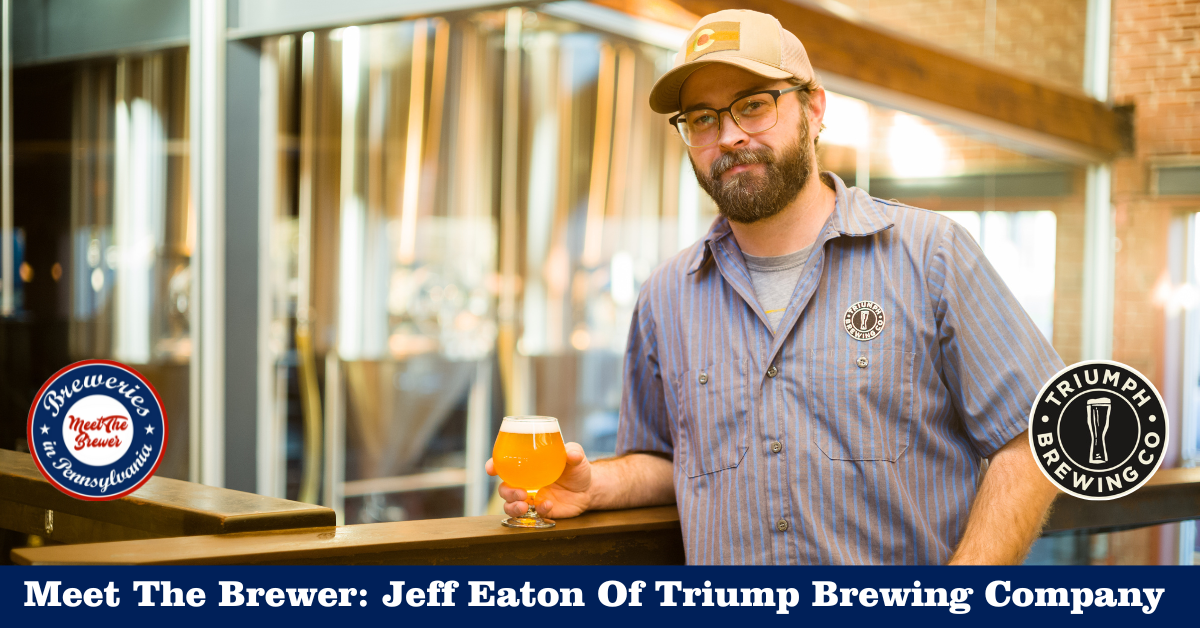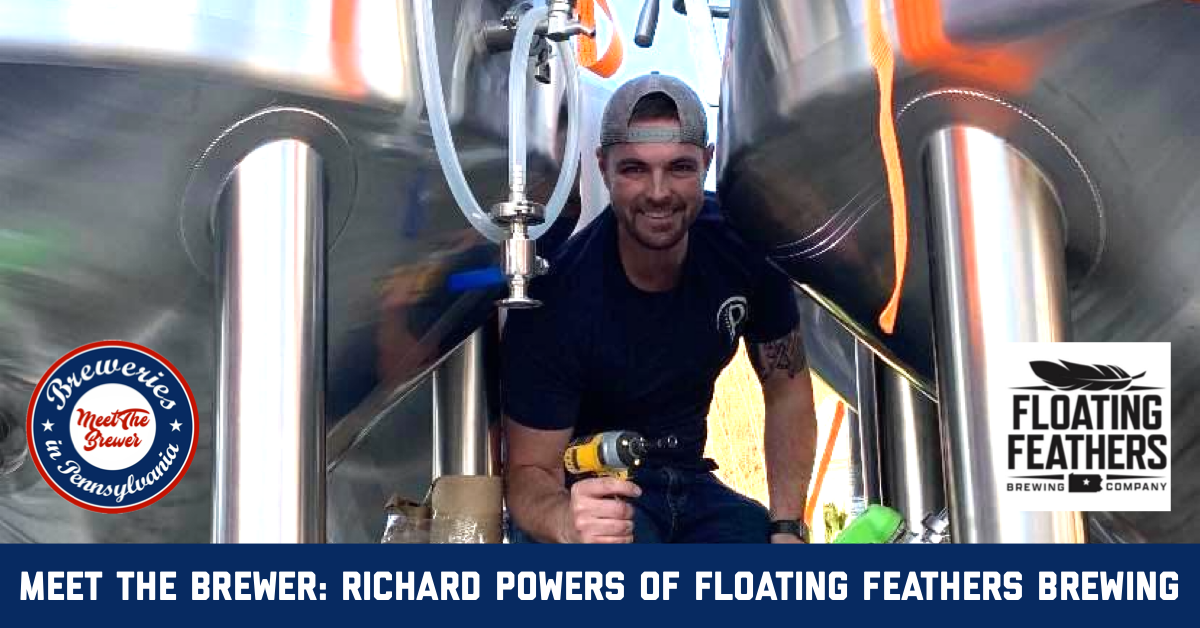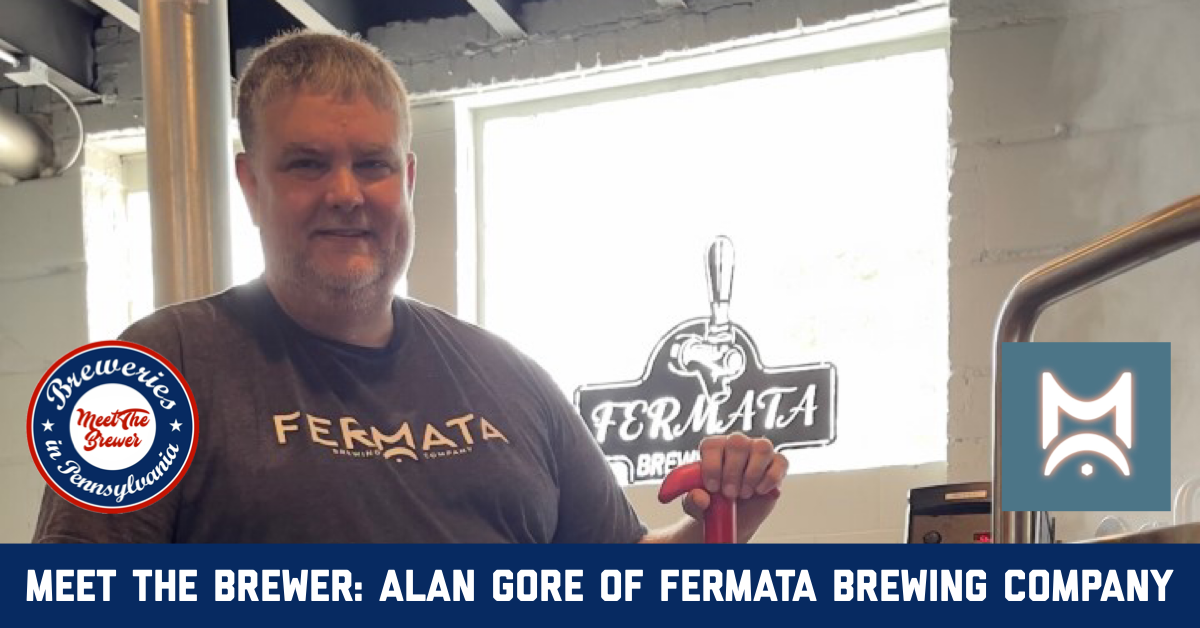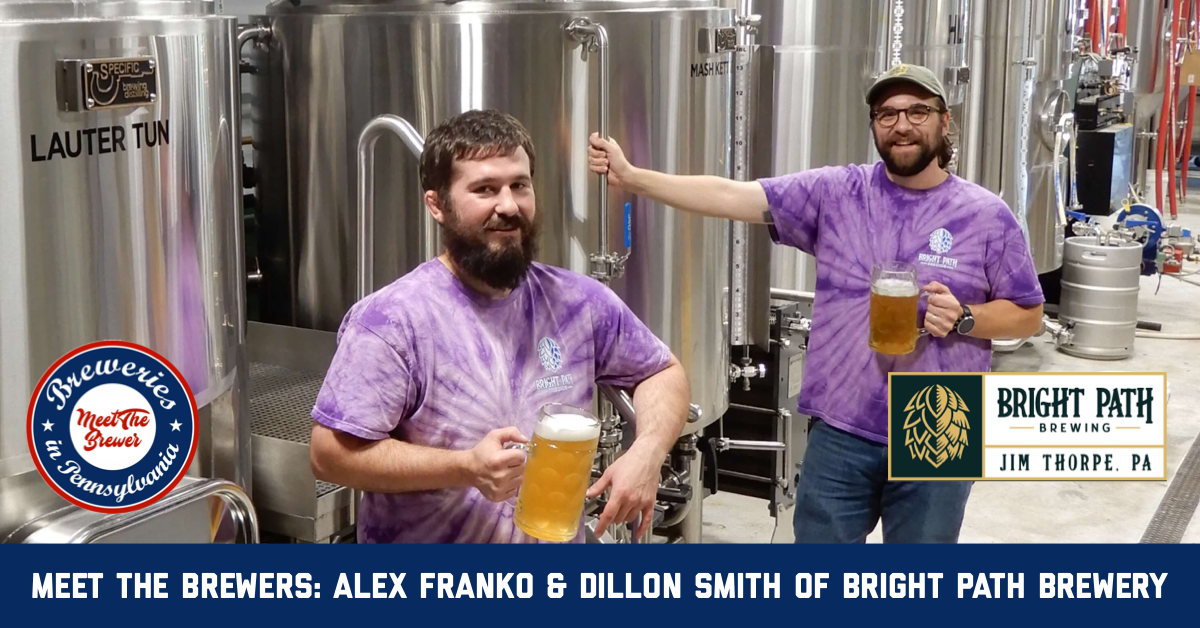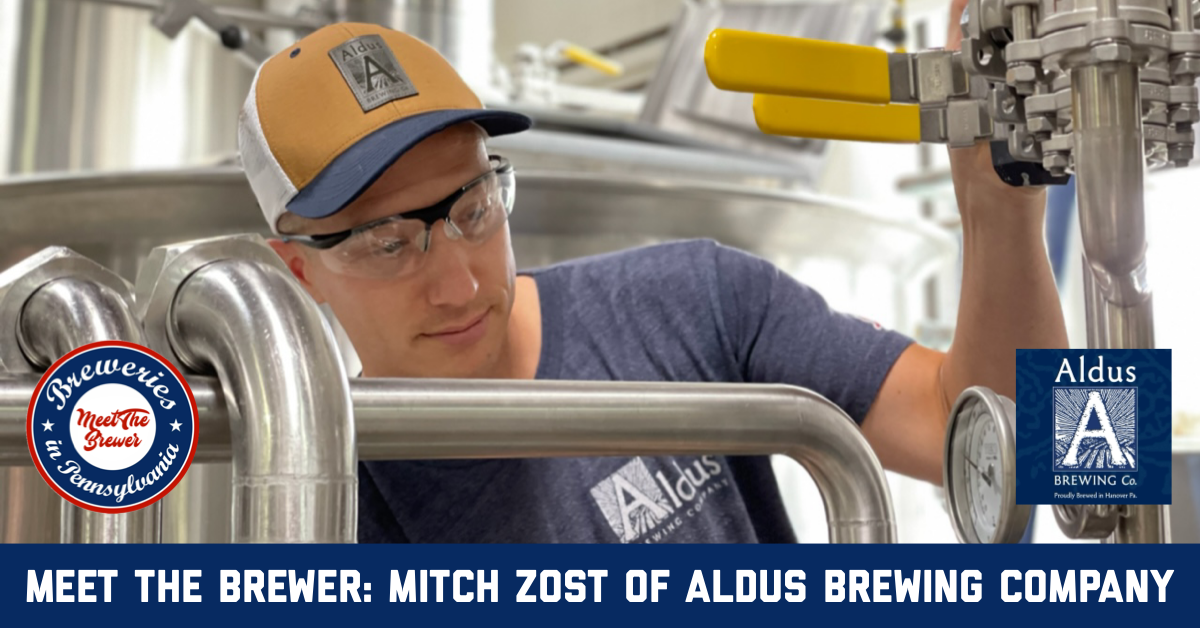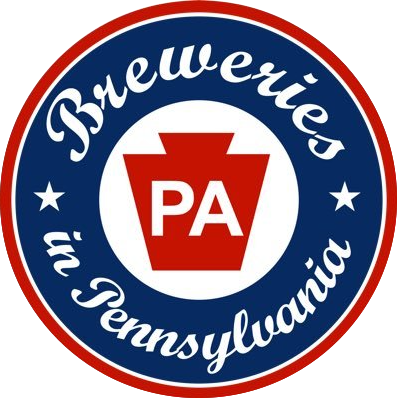Welcome to our “Meet The Brewer” series! Where we interview brewers in Pennsylvania, from breweries small to large. Let us know if you know anyone who should be featured, email us at [email protected].
Cinderlands Beer Co. opened a little over a year ago in the Lawrenceville neighborhood of Pittsburgh. This brewpub operates a 3BBL system and offers delicious food to pair with interesting beers. They offer a mix of beer styles, introducing many different experimental styles to the market. From clean lagers and saisons, to popular IPAs and Double IPAs, they always push the boundaries of beer, such as introducing “tartshakes” to their fans.
Recently we announced that Cinderlands will open a second location! The space was once known as the Spaghetti Warehouse in the Strip District.
We sat down with the head brewer of Cinderlands, Paul Schneider. Read more about his introduction to craft beer, where he sees the industry going, and much more about his life in craft beer.
What was your introduction to craft beer?
Well I’m from Chicago and coming of age there meant drinking Goose Island. I remember 312 leading to Green Line, then a chance chalice of Matilda and that kind of blew the doors off the barn for me. I was in college at Yale at the time and we had some really great bottle shops in town for Belgian imports and I followed the trail all the way up the mountain, then circled back down and fell in love with American breweries and the story of that first generation that enjoyed affordable air travel to Europe bringing their own love for classic brewing traditions home and starting legendary places like Sierra Nevada and Goose Island to make what couldn’t be had here, as well as bars like Hopleaf and the Map Room that lovingly took them in before anyone cared about them. By that time it was 2008 or so and the Chicago scene was really starting to simmer with Half Acre a few years old, Metropolitan in the works, and a ton of really great breweries coming in right behind them.
How did you get started as a brewer?
My great friend Steve was the guy that foisted that Matilda on me, and he was the guy that started me homebrewing too. While I was in grad school, he met a lovely girl–now his wife–whose father was a beer fanatic with just the greatest, boundless, youthful excitement and optimism. His name is Pete Domdey and he used to own a homebrew shop in the Chicago suburbs in the nineties. He started showing Steve the ropes and I fell right in with them when I moved back home and we were off to all grain brewing right away. That hobby became a pretty serious passion and I was reading everything I could get my hands on about brewing and started moonlighting as a beer blogger covering the local beer scene while I worked a great job as a high school history teacher and soccer coach during the day. I figured that a while doing that would at least give me the lay of the land of an industry I didn’t know much about and meet some people that could help me find a way in eventually if this kept going the direction I thought it might. Fast forward a year and a half and I had hit off with the guys at Solemn Oath when I interviewed them and I put in my notice with department chair and started cleaning kegs, milling grain, and working the taproom, eventually becoming production manager of a brewery that was putting out 6,000 or so barrels a year.
What style allows you to be the most creative, and why?
Tea and coffee beers exist in this realm where I think there’s still room for people to be surprised. Brewers haven’t really tapped this well with as much method or exploratory fervor as we have other categories of beer, and there’s a whole coffee subculture and tea subculture where their audience is just as tuned in and demanding as ours. When those worlds collide, it’s pretty incredible. I love working with bright, natural process, acid-forward single origin coffees that are selected at source and get a delicate roast to let the bean express itself. There’s a huge gap between what people think of as “a coffee” and the kind of stuff I like working with, so that’s a huge opportunity to dig in and boo!–surprise you. We have a sour IPA with coffee on the schedule that came about after a blending workshop we did had some unexpected and awesome results.
What was the first beer you ever brewed, and what did you learn from it?
It was an extract Belgian tripel and I learned that neglecting the chlorine in your brewing water is not a good idea!
Where do you see the craft beer industry heading in the next few years?
I think there’s a lot of soul-searching happening out there among us 7,000 or so breweries. How much do we want to give people exactly what they want? How much do we want to lead people to different categories and stories that we’re excited about but that they’re not connected with yet? How wide or narrow do we want our path to be? What is our footprint missing that we want to contribute? What can we put out in the world that’s compelling and that deserves a place in people’s minds, on their calendars, in their fridge? What can we mean to people besides the beer of ours that they drink? I think the organizing principle is that small brewers will have to answer questions like these and we’ll see some differentiation between hyper-on-trend breweries and those that chose to stand on ground a little more solid relative to the whims of the market. Both are risky, both are noble, one can be seen as cynical and the other quixotic, and it’s a real test of values for everyone to figure out what those answers are for themselves.
Describe what it’s like to be a brewer in Pennsylvania.
It’s an interesting question, because I don’t know how much being a brewer in Pittsburgh is like being a brewer in State College or Philadelphia. One area that’s been unique for me is that with our G license–a product of our unique state liquor law–we can only serve Pennsylvania-produced cider, wine, and spirits at our pubs. That’s meant a quick introduction to a lot of local producers in those industries. Our GM, Kelly Peterson-Bates, is a super talented sommelier and recently traveled all over the state to find the best wine that we can bring in, and our bar team has had a really challenging and productive time putting together a program without some staples–bitters, dry vermouth, amaro–that any other bar would have easy access to.
What is the inspiration behind your beer names?
Lyrics from the Dead, Phish, The Allman Brothers Band, and The Band; juicy phrases from Twin Peaks; rock climbing jargon; nicknames for people who maaaaaay or may not know about them.
What is your favorite beer to drink right now?
Reissdorf Kölsch at Lorelei.
What is the most important lesson you learned in the beer industry so far?
We’re all here for a good time. Spread love and good vibes to your fellow beer lover and all is good in our little world.
Thank you to Paul Schneider for talking with us! Follow and visit Cinderlands Beer Co. for all the latest beer releases!
Make sure to follow Cinderlands Beer Co on Facebook, Twitter, and Instagram.




